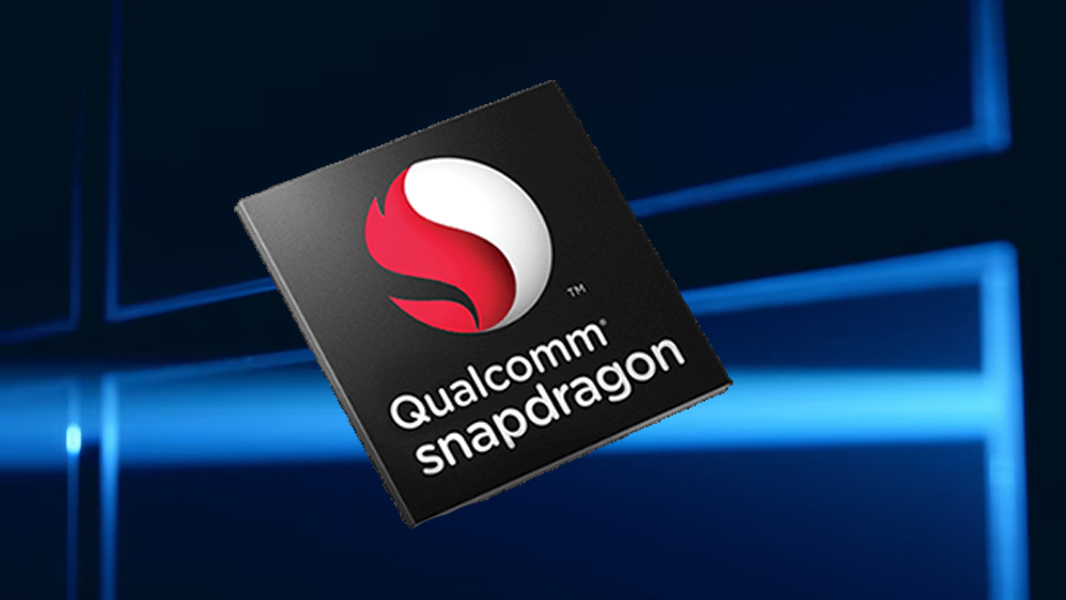Qualcomm Leans on Nuvia to Compete in PC Market
- Paul Thurrott
- Jul 03, 2021
-
50

UPDATE: To be clear, Qualcomm is still a major partner of Arm the company and it still licenses and uses its ARM chipset reference designs. What’s happening here is that Qualcomm is building its next-generation PC chipsets using Nuvia designs, which, yes, were based on Arm designs originally. To date, Qualcomm has directly improved Arm designs for its chipsets. I felt like this was clear in the original post, but some seem to believe that Qualcomm is “dropping” Arm or whatever, and that’s not the case. —Paul
In an interview this week, Qualcomm CEO Cristiano Amon said that his firm will finally have competitive laptop CPUs, but not until late 2022. And that those CPUs will be based on technology it acquired from Nuvia, and not be based on reference designs from Arm (the company).
Windows Intelligence In Your Inbox
Sign up for our new free newsletter to get three time-saving tips each Friday — and get free copies of Paul Thurrott's Windows 11 and Windows 10 Field Guides (normally $9.99) as a special welcome gift!
"*" indicates required fields
“We needed to have the leading performance for a battery-powered device,” Amon told Reuters, explaining why it was dropping Arm’s designs for Nuvia’s. “If Arm, which we’ve had a relationship with for years, eventually develops a CPU that’s better than what we can build ourselves, then we always have the option to license from Arm.”
Qualcomm announced it would acquire Nuvia in January for $1.4 billion, describing the firm as having “industry-leading expertise in high-performance processors, Systems on a Chip (SoC), and power management for compute-intensive devices and applications” and pledging to integrate Nuvia CPUs across its chipsets aimed at “flagship smartphones, next-generation laptops, and digital cockpits, as well as Advanced Driver Assistance Systems, extended reality and infrastructure networking solutions.”
When that acquisition was finalized in March, Qualcomm said that first the first Snapdragon platforms to feature “new internally designed CPUs” based on Nuvia technology and expertise were expected in the second half of 2022, and, most crucially, “will be designed for high-performance ultraportable laptops.”
This week, Amon expanded on those plans in the Reuters interview, and it’s now clear why we didn’t get a new flagship Snapdragon processor for PCs in December as is normally the case: Qualcomm hasn’t been able to improve Arm’s chipset reference designs enough to be viable in the PC market, and a new-generation Snapdragon 8-series SoC wouldn’t move the performance needle enough. So it is turning to Nuvia technology and dropping Arm (the company), at least in the PC space. (The new chips will still use the ARM architecture, of course.)
According to Amon, the new Nuvia-powered CPUs will “rival” the M-series chipsets from Apple, thanks in part to the expertise of some former Apple engineers that it acquired along with Nuvia.
This is interesting timing. In The Second Coming of Windows on ARM (Premium), I noted that Windows 11 will finally solve some of the key problems with this platform, most notably application compatibility via x64 emulation and the new ARM64EC technologies.
But Windows on ARM, or WOA, has some other major issues remaining, the most glaring of which is performance. Despite claims to the contrary and several generations of SoC improvements, WOA-based PCs are still not competitive with PCs using Intel and AMD chipsets. And the instant success of the Arm-based Apple M1 chipset is a huge embarrassment for both Microsoft and Qualcomm.
I’m happy to hear that Qualcomm has a new strategy for the PC market, but the long wait until 2022 is problematic. Today, WOA enthusiasts have expensive Snapdragon 8-series PCs and inexpensive but even more underpowered Snapdragon 7-series PCs, like the Samsung Galaxy Book Go, from which to choose. But what WOA needs, and badly, is the performance boost that Qualcomm is again promising. But not until late next year.